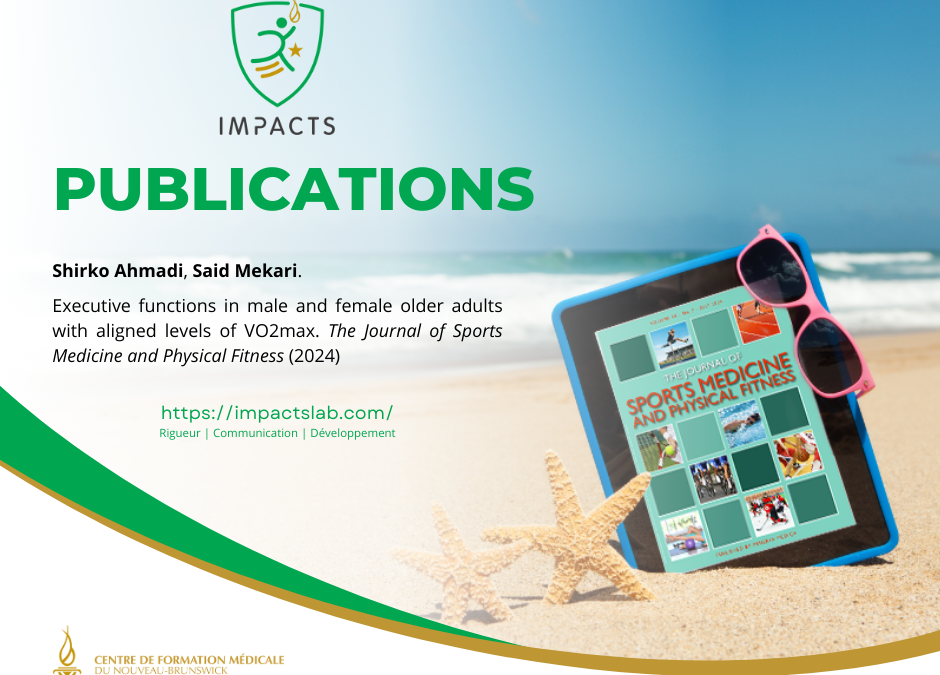
by Julie Dufresne | Jul 8, 2024 | Uncategorized
A new IMPACTS publication from Shirko Ahmadi and Saïd Mekari of the Centre de formation médicale du Nouveau-Brunswick shows that aerobic exercise, which typically increases cardiorespiratory fitness, improves executive functioning in older adults, irrespective of sex. https://www.minervamedica.it/en/journals/sports-med-physical-fitness/article.php?cod=R40Y9999N00A24070501
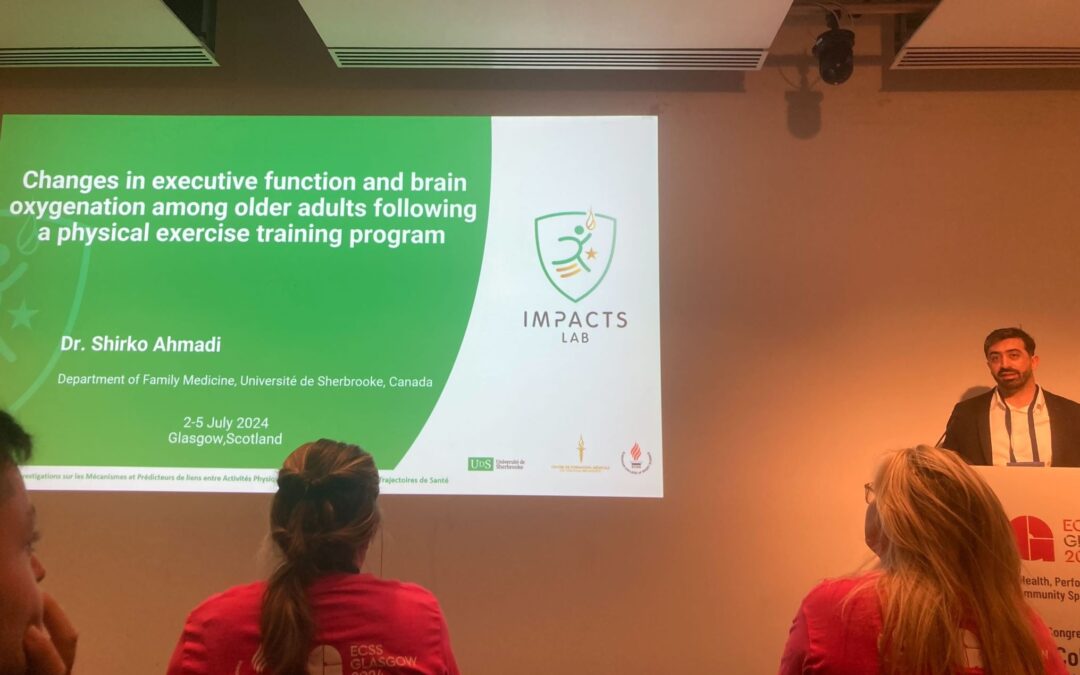
by Julie Dufresne | Jul 5, 2024 | Uncategorized
Dr Shirko Ahmadi, a research professional with the IMPACTS lab from the Centre de formation médicale du Nouveau-Brunswick, attended the 2024 annual congress of the European College of Sport Science in Glasgow, Scotland. Dr Ahmadi presented the results of a study led by Prof Saïd Mekari, which took place right here in New Brunswick.
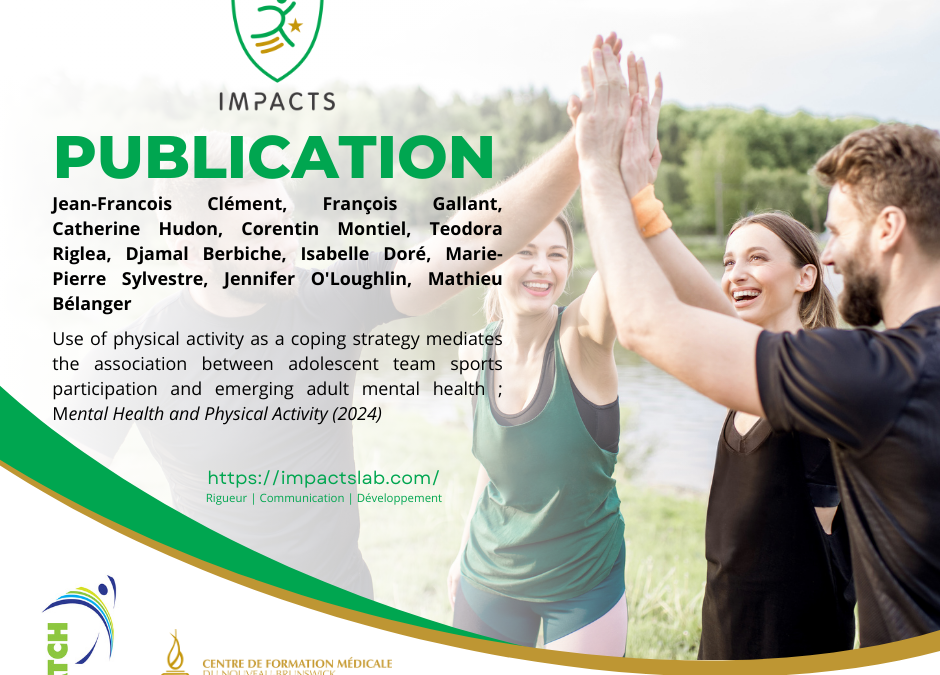
by Julie Dufresne | Jun 20, 2024 | Uncategorized
This 33rd publication from the MATCH Study by Dr. Jean-François Clément of the IMPACTS Laboratory reveals that more team sports participation during adolescence is associated with better mental health during emerging adulthood. This association may operate through using physical activity to cope with stress. Physical activity was the coping strategy most frequently reported by young adults during the first year of COVID-19, and was perceived as a useful means of stress. management.
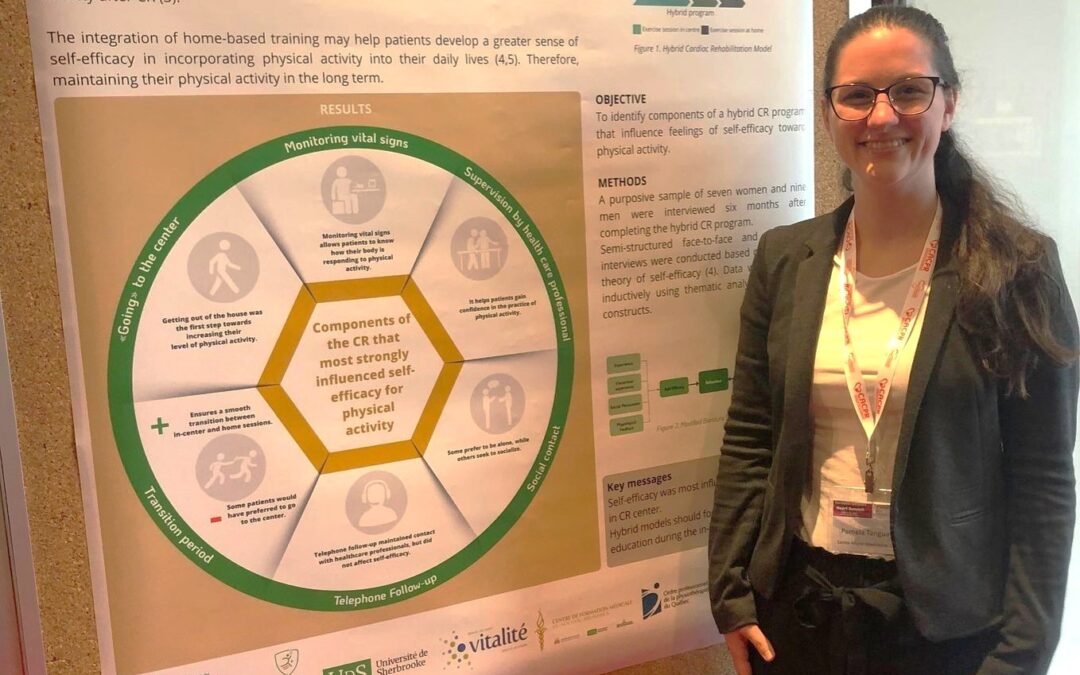
by Julie Dufresne | Jun 18, 2024 | Uncategorized
Pamela Tanguay, a doctoral candidate in health sciences research at the Université de Sherbrooke, was in Ottawa last week to present the team’s scientific poster « Components that Influence Self-Efficacy in Patients Participating in a Hybrid Cardiac Rehabilitation Program » at the annual conference of the Canadian Association of Cardiovascular Prevention and Rehabilitation (CACPR) and the Toronto-Ottawa Heart Summit. The information comes from the APRES Study which is a pragmatic randomized controlled trial to promote post-cardiac rehabilitation physical activity by exercising at home https://impactslab.com/en/research/apres_study/
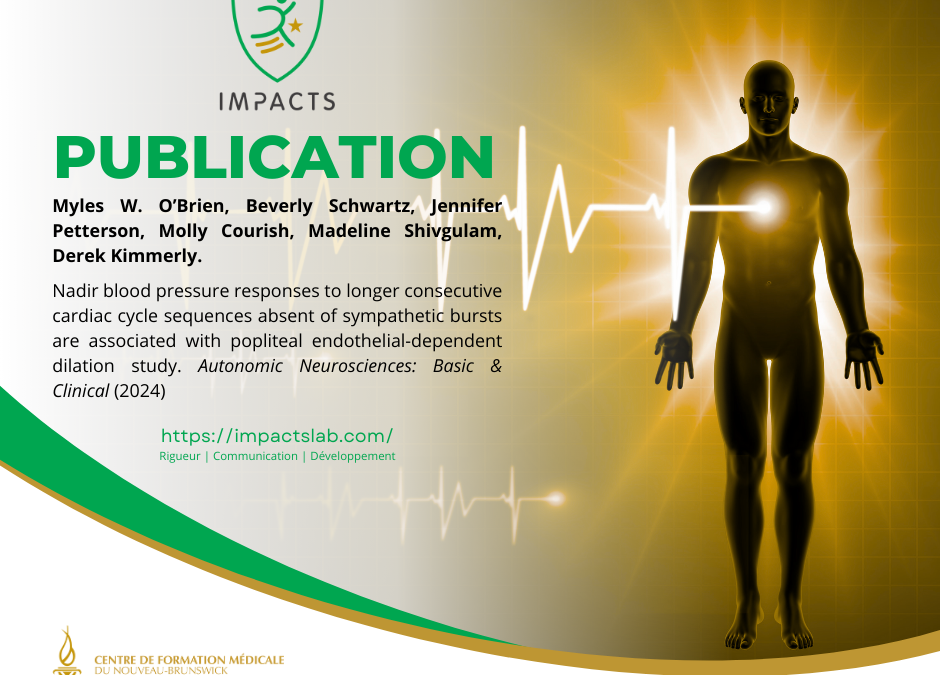
by Julie Dufresne | Jun 12, 2024 | Uncategorized
A new paper from Prof Myles O’Brien and collaborators (Beverly Schwartz Jennifer PettersonMolly CourishMadeline ShivgulamDerek Kimmerly) shows the impact of endothelial function on the changes in beat-by-beat blood pressure during cardiac cycles absent of muscle sympathetic nerve activity bursts. You can read this article in Autonomic Neuroscience: Basic & Clinical 👉 https://www.sciencedirect.com/science/article/pii/S156607022400047X?via%3Dihub
by Julie Dufresne | Jun 7, 2024 | Uncategorized
Frailty is a medical condition of reduced function and health in older individuals. Dr. Myles O’Brien from the IMPACTS Lab at the Centre de formation médicale du N.-B. and Dr. Judith Godin from the Geriatric Medicine Research Unit at Dalhousie University just published a book chapter “Sex Differences and Frailty” within the book “Frailty: A Multidisciplinary Approach to Assessment, Management, and Prevention” edited by Dr. Jorge Ruiz and Dr. Olga Theou.

